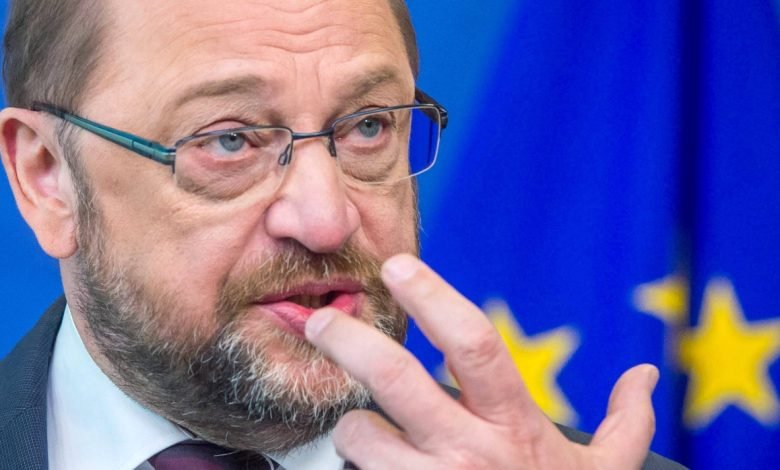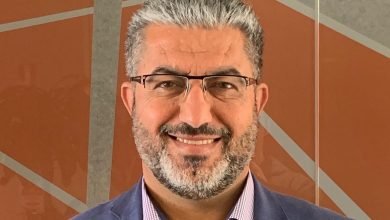
By: Nedal Zubeidi
Jordan Daily – In Amman, the city that sits upon seven hills as wisdom sits upon the shoulder of history, I met Martin Schulz – a man who came from the heart of Europe not to preach, but to observe. A politician who knows the weight of words after having lived through the noise of parliaments and the turbulence of democracy. He spoke of Jordan not as a visitor passing through, but as an old friend who understands the rhythm of the place.
Schulz told me on the sidelines of his visit to Jordan, that the Friedrich-Ebert-Foundation, affiliated with Germany’s Social Democratic Party, has been present in Jordan for forty years. Four decades of quiet, consistent work – enough time to witness a country changing, modernizing, and yet holding on to its balance. In a region where upheaval is the rule rather than the exception, Jordan has chosen a slower path: steady reform built from within, not imported from abroad.
He was preparing to meet King Abdullah II, he who has known for many years. He spoke with the tone of respect : a monarch who believes in dialogue, who encourages diversity of opinion, and who sees disagreement not as a threat but as a sign of vitality. In Schulz’s view, this is what sets Jordan apart – a kingdom where politics is practiced through discussion rather than decree, through respect rather than exclusion.
For Schulz, partnership matters more than patronage. Germany, he said, does not dictate Jordan’s path; it walks alongside it. This cooperation has taken practical form: supporting the water sector in a land defined by scarcity, investing in education and vocational training for young people, and assisting communities that have opened their doors to Syrian refugees. Germany gives, but it also trusts – and trust, in politics as in friendship, is never given lightly.
The challenges are immense: water shortages, unemployment, the heavy responsibility of hosting refugees, the long road of administrative reform. Yet, to Schulz, Jordan remains a model of balance and moderation – a small country with a large sense of purpose. It chooses dialogue over confrontation, gradual reform over reckless leaps.
In the European’s words there was something more than analysis; there was admiration. He sees in Amman a bridge between East and West – a country fluent in the language of the world, yet faithful to its own idiom. In an era of extremes, Jordan quietly insists that moderation is not weakness but a refined form of strength.
Jordan practices reform the way a tree grows – slowly, silently, yet with certainty. There is no fanfare, only the persistence of roots seeking water in hard soil. And perhaps that is the secret: surrounded by storms, the kingdom has become a point of balance, proving that monarchy and reform are not contradictions but companions.
At the end of our conversation, Schulz said simply:”Jordan is developing and the development in the country is encouraging.”
I left the meeting thinking that reform, like water in this dry land, does not come all at once. It comes drop by drop – but in time, it carves its path through stone.

